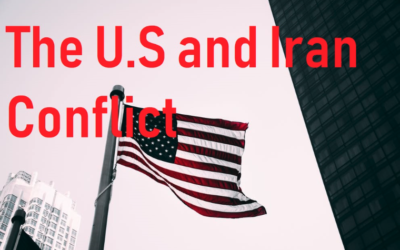Exploring the Impact on the Lower Class and the Debate Over Interest Rates
The Bank of Ghana (BoG) has recently issued a circular cautioning the general public against engaging with unregistered online loan providers. This move aims to protect consumers from potential financial risks associated with unauthorized lenders operating in the digital lending space. The warning serves as a reminder to exercise caution when seeking financial assistance through online platforms.

Impact on the Lower Class
Unregistered online loan providers particularly impact the lower class of society. These online loan providers may seem like a lifeline during financial needs for individuals who lack access to formal banking services or have a limited credit history. However, the absence of proper oversight can exacerbate their already vulnerable financial situation.
On the one hand, these online loans can provide temporary relief for urgent expenses such as medical bills, school fees, or unexpected emergencies. They can bridge short-term cash flow gaps and help individuals manage their immediate financial challenges. However, on the other hand, the exorbitant interest rates charged by unregistered lenders can push borrowers into a cycle of debt and financial instability.
Debate Over Interest Rates
The debate over interest rates charged by unregistered online loan providers has gained momentum in recent years. Critics argue that these lenders exploit vulnerable individuals, charging exorbitant interest rates that far exceed what is considered fair and reasonable. The lack of transparency in the terms and conditions of these loans further exacerbates the problem.
Proponents argue that these providers cater to individuals who are otherwise excluded from formal financial channels, and they contend that the high-interest rates reflect the higher risks associated with lending to this customer segment. They argue that without the availability of these loans, the lower class would face limited options for obtaining credit.

The Role of Regulatory Framework
The Bank of Ghana is working towards creating a regulatory framework for digital lending platforms to address this issue. This framework aims to protect consumers, promote transparency, and ensure fair lending practices. By encouraging borrowers to engage only with registered lenders, the BoG aims to minimize the risks associated with unregulated online loans while fostering financial inclusion and stability.
Conclusion
The Bank of Ghana’s recent circular warning the public against unregistered online loan providers is a step towards safeguarding consumers’ interests. The impact of these unregistered lenders on the lower class of society is significant, with both positive and negative consequences. The ongoing debate surrounding interest rates charged by these providers underscores the need for regulatory oversight and responsible lending practices in the digital lending space. The BoG’s efforts to create a regulatory framework for digital lending platforms aim to strike a balance between financial inclusion and protecting consumers from predatory lending practices.


